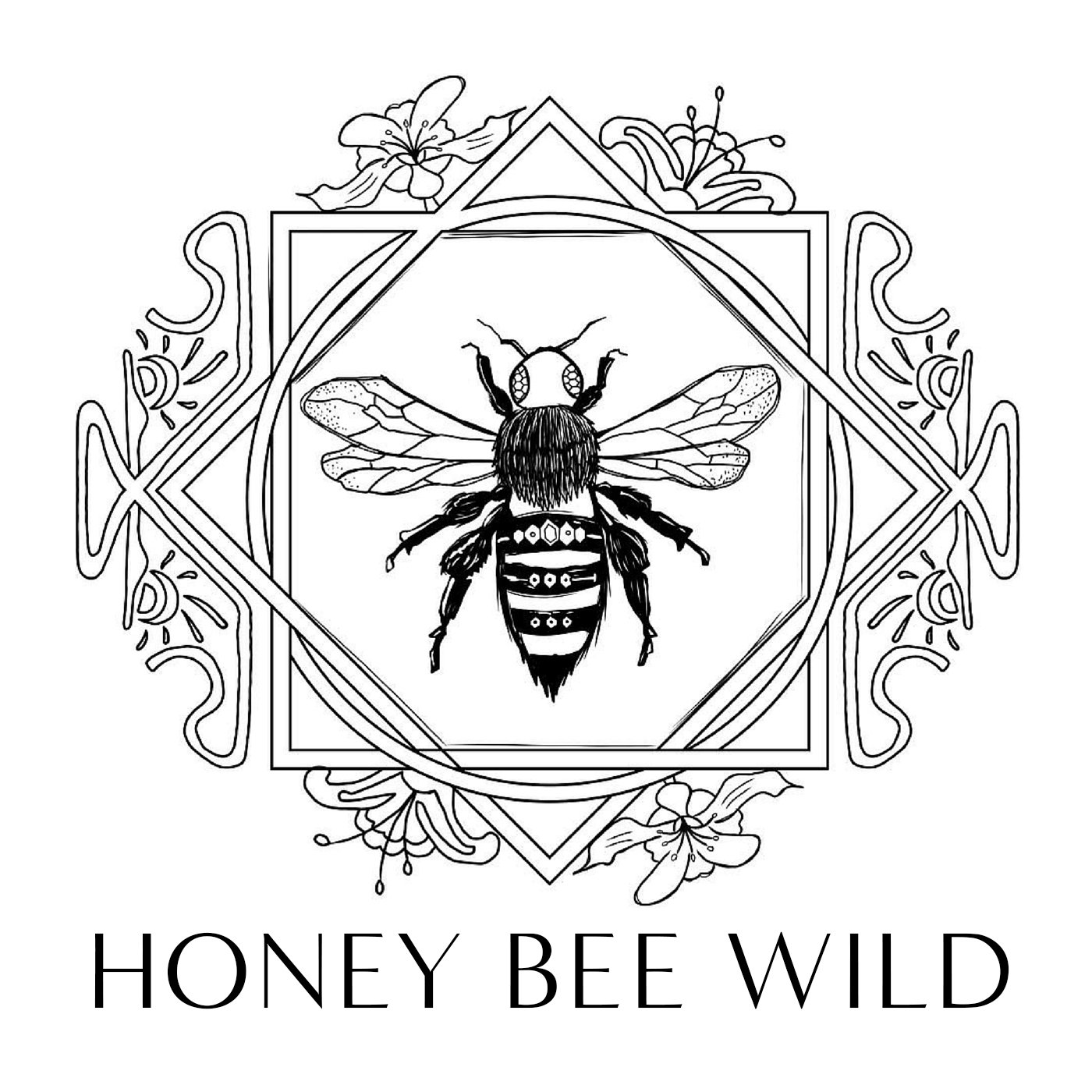The Courage to Steward Hives
Rendering comb down to golden disks of beeswax is one of the ways I process the loss of a hive. By giving my attention over to extracting the pure, golden, divinely scented wax from the skeleton of a hive, I feel connected to the life-death-life cycle of that hive.
I was on a walk this morning with one of my friends Michael Thiele of Apis Arborea. He establishes nest sites for apian beings (bees) in various watersheds, both rural and populated areas. Mainly log hives, which as a more natural home for honeybees. We were discussing the challenges of caring for bees as “treatment free” stewards amidst a culture and beekeeping climate of mass importation of commercial bees to our area and what that does to the population of locally adapted bees. We came up against the dichotomy of experiencing a sense of seasonal dread of loss with a surrender to the greater not knowing of what’s possible if we continue to try our best to listen to the innate impulse of the bees and how they live. It brought us to questions, as our talks often do, of language around beekeeping. What does it mean to be a keeper? What does it mean to be a steward? Or a witness?
I think to steward habitats for bees in a bee-centric model requires a tremendous amount of courage, because to do so means you will be forced to witness climate change first hand. You will not be able to turn away from biodiversity loss. From habitat destruction. However, in presencing ourselves with the bees, and being willing to listen and watch, we start to create and internal path that goes beyond grief, denial and apathy, and towards a constant and subtle shifting of one’s world view. We can’t change the world until we remember that we are nature, and from nature, life finds a way.

